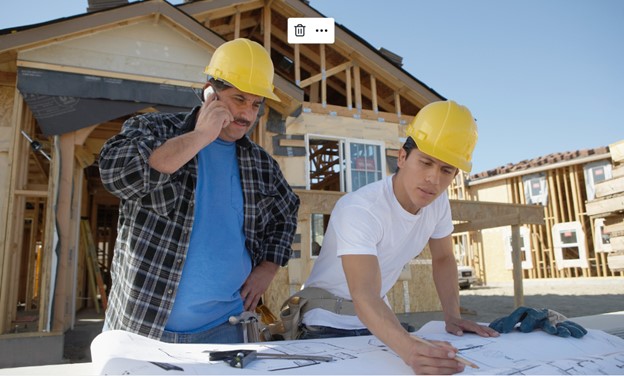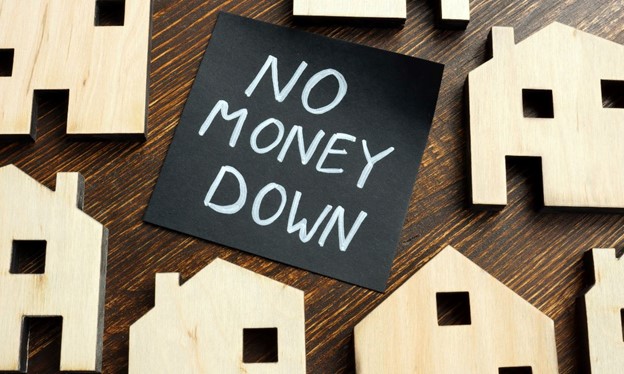 Deciding whether to buy or build a house can be a complex decision that depends on several factors. Here are some pros and cons to consider:
Deciding whether to buy or build a house can be a complex decision that depends on several factors. Here are some pros and cons to consider:
Pros of Buying a House:
Convenience: Buying a house is generally quicker and more convenient than building one. You can move in as soon as you close the deal, without having to wait for construction to be completed.
Location: When you buy a house, you have the opportunity to choose a home in an established neighborhood with existing amenities such as schools, parks, shopping centers, and other essential services. You can choose a location that is convenient for your lifestyle.
Cost: Depending on the location, buying a house may be less expensive than building a new one. You can often find great deals on homes that have been on the market for a while, or in areas where the real estate market is more favorable to buyers.
No Hassle of Design and Construction: When you buy a house, you don’t have to worry about designing the home or supervising construction. You can focus on personalizing the house according to your taste, rather than starting from scratch.
Resale Value: Buying an established home often means it already has a resale value, making it easier to sell in the future.
Cons of Buying a House:
Limited Customization: When you buy an existing house, you may have limited options for customization. You’ll need to accept the home’s layout, features, and design unless you’re willing to invest additional time and money to make renovations.
Unpredictable Market: Real estate markets can be unpredictable, and the value of your home may fluctuate depending on economic conditions. There’s always a risk that the value of your home may decrease in the future.
Maintenance: As a homeowner, you’ll be responsible for maintaining and repairing the home, which can be costly. Older homes may require more maintenance than newer ones, which can add up over time.
Hidden Problems: Even with a thorough home inspection, there may be hidden problems with the house that you only discover after moving in, such as foundation issues, electrical problems, or water damage.
Pros of Building a House
Customization: You can design the house to your exact specifications, ensuring that it meets your unique needs and preferences.
New materials and technology: You can take advantage of the latest building materials and technology, which can make the house more energy-efficient and environmentally friendly.
No hidden problems: Since the house is new, there should be fewer hidden issues or problems to deal with.
Cons of Building a House
Cost: Building a house can be more expensive than buying an existing one, especially if you choose high-end materials or features.
Time-consuming: Building a house can take months or even years to complete, which means you’ll need to be patient and flexible.
Uncertainty: There may be unexpected delays or complications during the construction process, which can be frustrating.
Buying a house can be a smart and practical option for many people, especially those who prioritize convenience, location, and cost savings, buying a house is a big decision that requires careful consideration of both the advantages and disadvantages. It’s important to do your research and weigh your options before deciding.
 Buying a house is one of the most significant financial decisions in one’s life, and it’s essential to make smart choices to save money during the process. While purchasing a home can be expensive, there are several strategies you can implement to maximize your savings and make the most of your investment.
Buying a house is one of the most significant financial decisions in one’s life, and it’s essential to make smart choices to save money during the process. While purchasing a home can be expensive, there are several strategies you can implement to maximize your savings and make the most of your investment.  “No-deposit” mortgage deals for first-time buyers refer to mortgage options that allow buyers to purchase a home without having to put down a deposit or a down payment. Here are the pros and cons of such deals:
“No-deposit” mortgage deals for first-time buyers refer to mortgage options that allow buyers to purchase a home without having to put down a deposit or a down payment. Here are the pros and cons of such deals: